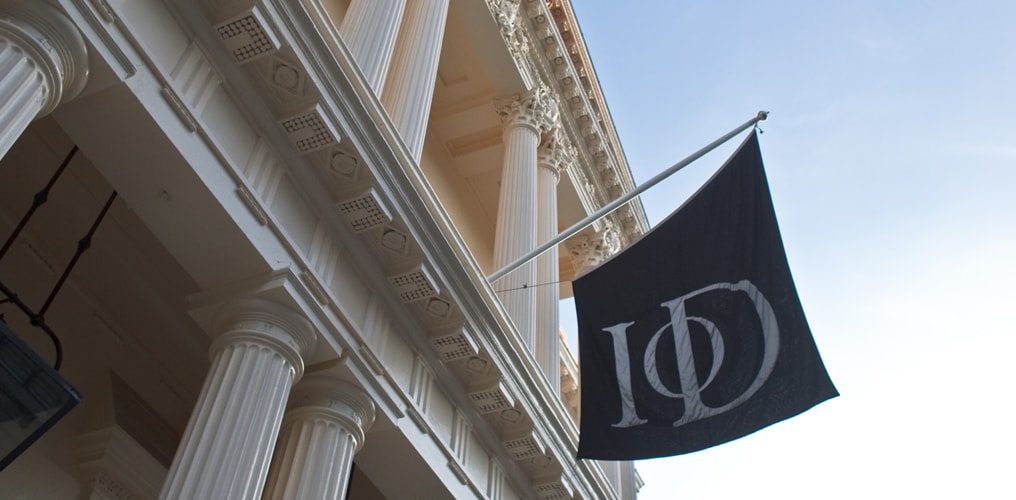
Responding to Jeremy Corbyn’s speech setting out the Labour Party’s position on Brexit, Stephen Martin, Director General of the Institute of Directors said:
“Labour has widened the debate today on the UK’s relationship with the EU post-Brexit, and many businesses, particularly manufacturers, will be pleased to hear the Opposition’s proposal to keep a customs union on the table. It was important to see Jeremy Corbyn putting emphasis on the complexity of cross-border ‘just-in-time’ supply chains that could face significant new costs and barriers without one. As with everything about the Brexit process, however, extracting detailed and specific answers on the future trade arrangements from our political leaders has been a slow and laborious process.
“There are no easy solutions here. A full customs union would make life simpler for goods exporters, but it is not clear whether Jeremy Corbyn is proposing that Brussels negotiate trade deals for the UK even after Brexit. It is hard to see how the EU could simply extend its trade agreements to a sizeable non-member state without a fundamental revision of its Treaties.
“We advocate instead a partial customs union covering all industrial goods, in conjunction with a broader FTA for the many other areas that would be needed to ensure frictionless trade with the EU. This would minimise disruption to the UK’s manufacturing industries, but also allow the UK to set its own tariffs and negotiate them down on products ranging from cheese and chocolate to sugar and oranges. It would also give the UK control over much of its own anti-dumping regime.
“Ultimately, we need a position on trade and customs that can garner a cross-section of support in Parliament, so we would urge the Government and the Opposition to agree a pragmatic compromise on a partial customs union approach as part of its wider negotiating objectives. While Labour has firmed up their position on customs today, there are still many unanswered questions from both Labour and the Conservatives about the UK’s future relationship with EU, and this is making it hard for businesses to plan.”